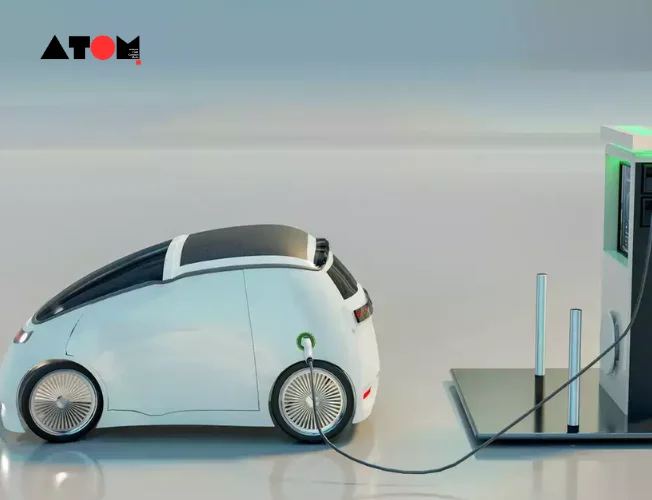Innovations in electric vehicle (EV) technology and an increasing focus on environmental sustainability are causing a seismic upheaval in the transportation sector. Thousands of EVs are already regularly running in major cities across the globe, as the EV taxi industry, in particular, has experienced exponential development. Growing environmental consciousness and the need for environmentally friendly transportation options have contributed to this expansion’s quick pace.
The Rise of the Eco-Conscious Consumer
When EV taxis first came out, they drew in innovators and early adopters who were excited about new technologies. But as the industry develops, a growing portion of the populace—the early majority—is joining the market with specific expectations. Customers of today want more than just transportation; they want better experiences that reflect their changing morals.
Growing environmental consciousness had a major role in the first drive for EV taxis. More than ever, consumers prioritize eco-friendly transportation solutions that lessen their carbon footprint. The adoption of electric vehicles (EVs), which have no exhaust emissions and so reduce air pollution and ameliorate climate change, has been accelerated by this mentality.
Leading companies are integrating sustainable practices throughout their operations. Major corporations like Apollo Tyres, ABB India, Castrol, Zomato, and EY now utilize EV cabs for their staff, promoting sustainable practices and setting new industry standards.
Technology Integration: A New Standard
In the current digital era, customers anticipate their transportation services to be seamlessly integrated with technology. It’s now commonplace to book a taxi with ease using an easy-to-use app, follow it in real time, and pay with cash. It is currently anticipated that EV taxi services would deliver cutting-edge digital solutions that improve user satisfaction and increase transparency.
In addition to making booking and payment simple, modern apps tell users about the environmental effect of each journey, providing them a real feeling of how they are helping to promote sustainability. Higher-level features that have improved the user experience include loyalty schemes, in-app feedback systems, and interaction with smart home appliances.
Comfort, Safety, and Affordability
As customer expectations continue to evolve, there is a growing demand for enhanced comfort and safety in EV cabs. Present-day customers are unwilling to compromise on the quality of their travel experience. This necessitates investments in premium interiors, comfortable seating, and advanced safety features.
Leading providers in the sector prioritize the comfort and safety of their passengers. Their vehicles are equipped with state-of-the-art safety technologies, including collision avoidance systems, adaptive cruise control, and advanced airbag systems. Amenities like Wi-Fi, charging ports, and climate control ensure a comfortable and enjoyable ride for passengers.
Affordability remains a critical factor
Although high-end features are important, most consumers still place a high value on price. At first, there was a problem because electric cars are more expensive. But increased production and advances in battery technology have drastically lowered these costs, making EV cabs more accessible.
Consumers today look for services that are reasonably priced without sacrificing sustainability or quality. Novel pricing strategies and collaborations with local governments that provide incentives and subsidies are being investigated as solutions to this problem. This guarantees that sustainable transportation is affordable for everyone and opens up these services to a wider audience.
The evolution of customer expectations in the EV cabs service sector reflects broader societal trends toward sustainability, technological integration, and personalized experiences. The industry is paving the way for a cleaner, more efficient, and enjoyable transportation future by prioritizing environmental responsibility, leveraging advanced technology, and focusing on customer-centric services.
Read more: Marketing News, Advertising News, PR and Finance News, Digital News





